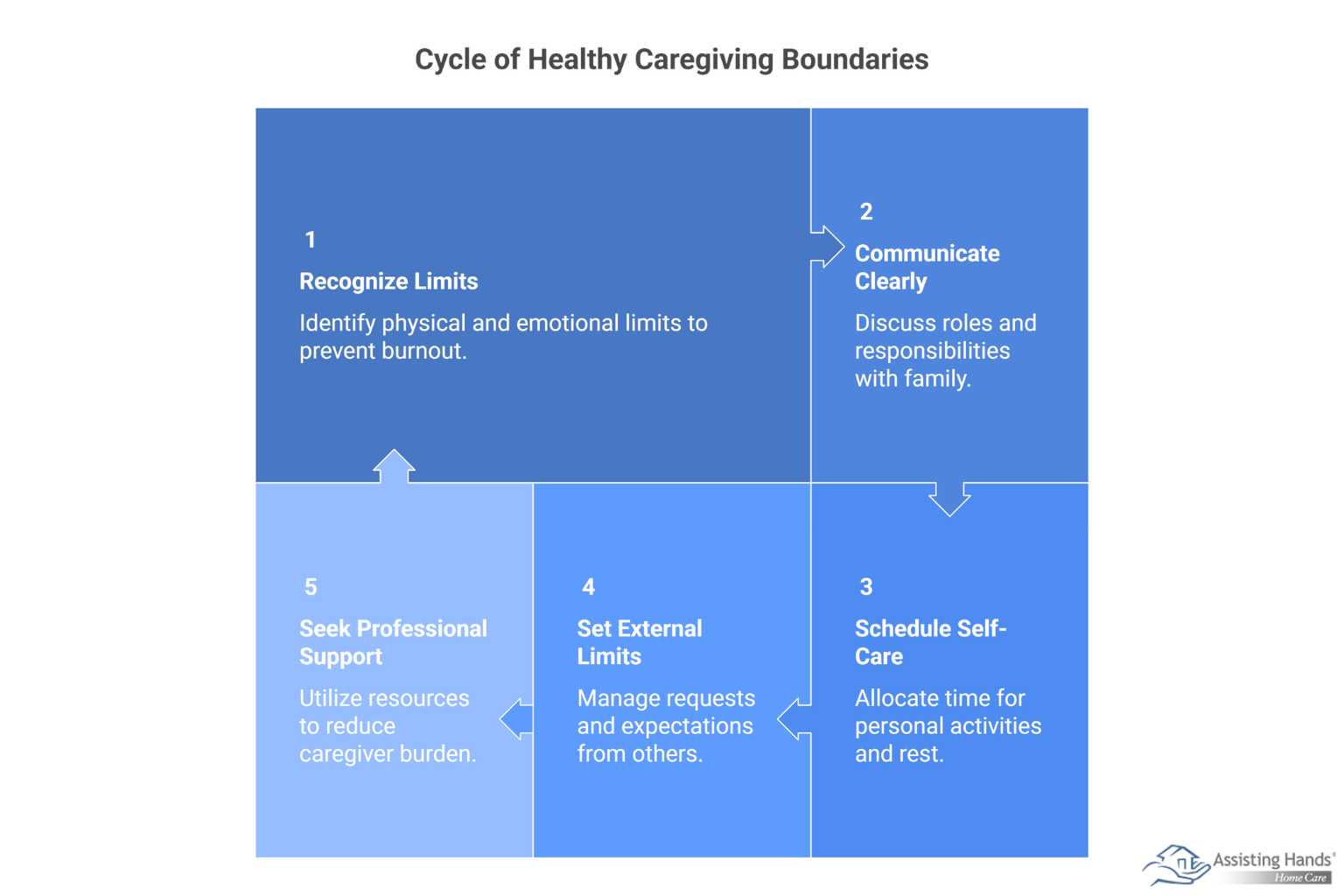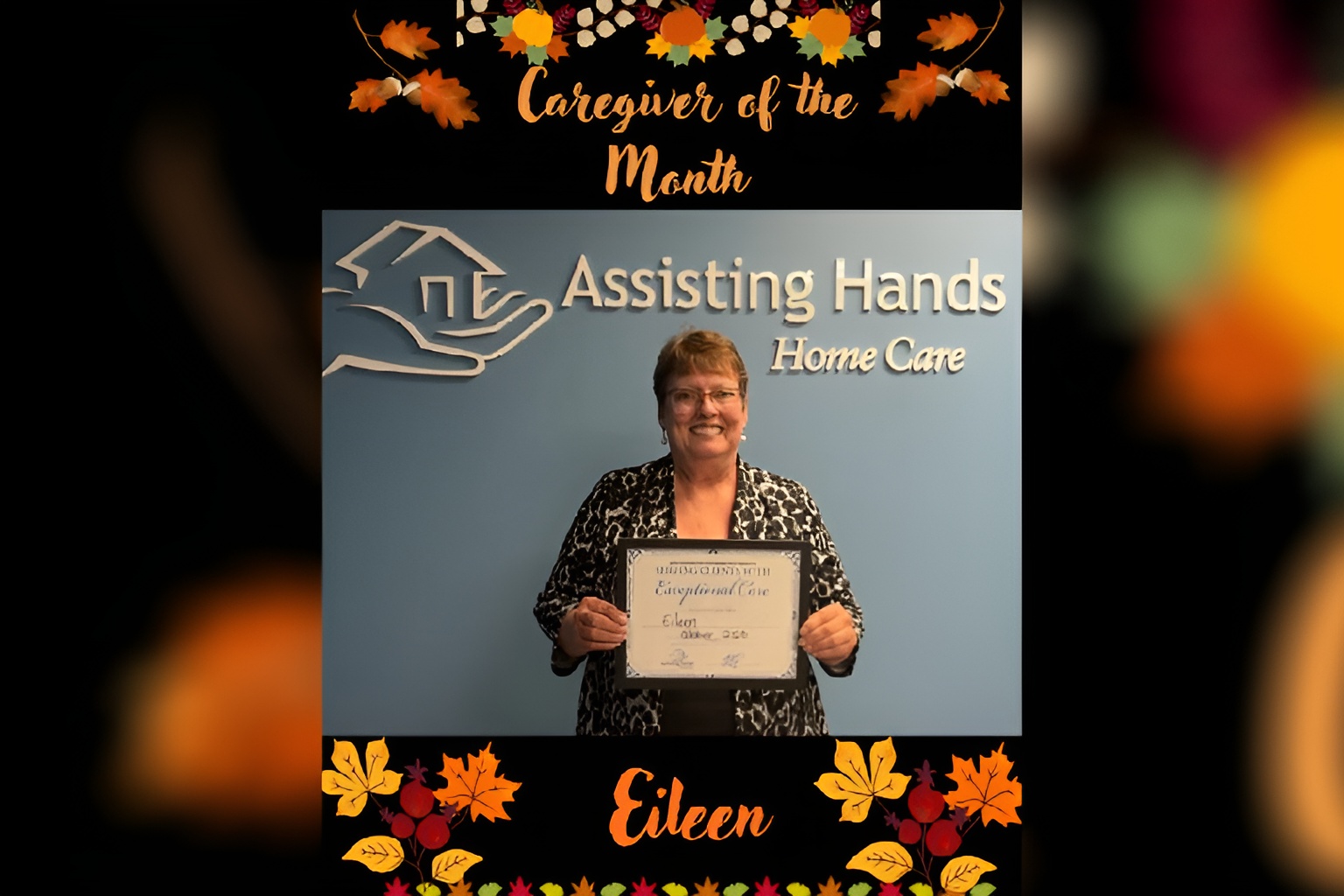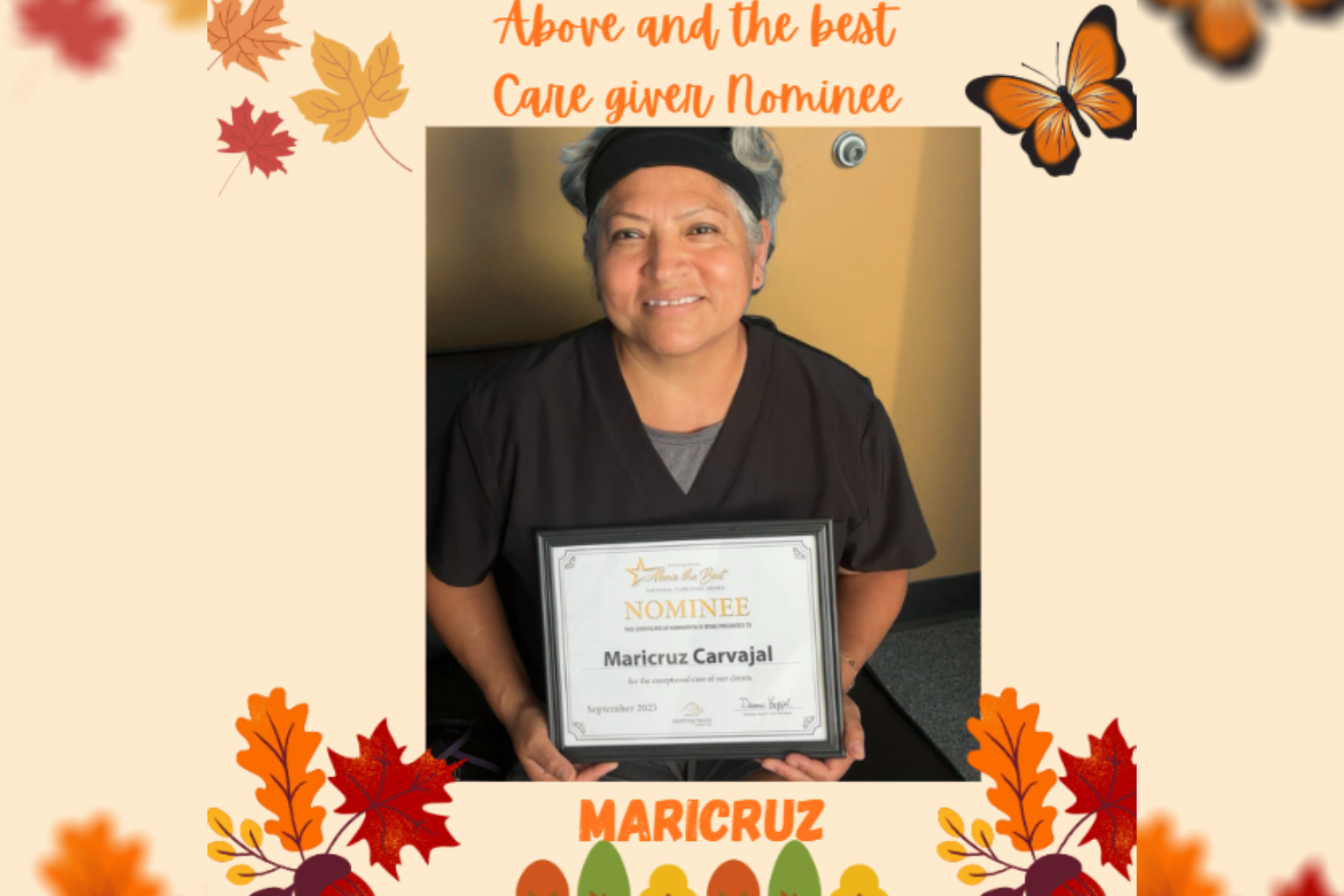
Table of Content
Family caregiving can quickly become overwhelming without clear boundaries in place. Learning to set limits protects both your wellbeing and your ability to provide high-quality care over the long term.
Recognize Your Physical and Emotional Limits
Understanding your capacity is the first step toward sustainable caregiving. Physical exhaustion and emotional burnout don’t just affect you. They also compromise the quality of care you can provide to your senior loved one.
Pay attention to warning signs like:
- Chronic fatigue or sleep disruption
- Increased irritability or mood changes
- Neglecting your own health appointments
- Feeling resentful toward your loved one
- Isolating yourself from friends and activities
When caring for someone with dementia or Alzheimer’s disease, these limits become even more critical. The progressive nature of memory-related conditions means caregiving demands typically increase over time, making early boundary setting essential for long-term sustainability.
If you’re the primary family caregiver for an elderly loved one and need additional assistance providing high-quality homecare, Libertyville Assisting Hands Home Care can help. We are a leading home care agency committed to helping seniors live longer and healthier lives.

Establish Clear Communication with Family Members
Many family caregivers shoulder disproportionate responsibility because expectations remain unspoken. Open conversations about roles, responsibilities, and limitations help you distribute caregiving tasks more fairly among family members.
Schedule regular family meetings to discuss:
- Current caregiving needs and challenges
- Each person’s availability and capabilities
- Financial contributions and responsibilities
- Decision-making processes for care-related choices
- Emergency contact protocols and backup plans
Document these agreements to prevent misunderstandings later. Professional dementia care services often facilitate these family discussions and help you develop realistic care plans that involve multiple family members rather than burdening a single caregiver.
Create Structured Time for Self-Care
Self-care isn’t selfish. It’s necessary for maintaining your caregiving capacity. Schedule specific times for activities that restore your energy and mental health, then protect these commitments as seriously as medical appointments.
Effective self-care strategies include:
- Regular exercise or physical activity
- Maintaining social connections outside caregiving
- Pursuing hobbies or interests unrelated to care responsibilities
- Getting adequate sleep and nutrition
- Accessing counseling or support groups when needed
Consider respite care services that provide temporary relief from caregiving duties. Many home care providers offer respite programs specifically designed for families, allowing primary caregivers to take essential breaks without compromising their loved ones’ safety.
Family caregivers need to care for their own wellbeing. If you’re caring for an aging loved one and are feeling overwhelmed, consider hiring a professional caregiver to provide respite care. Libertyville families who want to prevent burnout can turn to Assisting Hands Home Care. One of our professional caregivers can assist your loved one at home while you take a nap, go to work, run errands, or go on vacation.
Set Limits on Outside Requests and Expectations
Well-meaning friends, extended family, and healthcare providers often make suggestions or requests without understanding your full situation. Learning to say no to additional commitments protects your energy for essential caregiving tasks.
Establish boundaries around:
- Social obligations that conflict with care schedules
- Requests to take on additional family responsibilities
- Pressure to provide updates or reports to extended family
- Suggestions for care approaches that don’t fit your situation
- Financial requests related to care expenses
When discussing care decisions with others, share your boundaries clearly and calmly. Explain these limits help you provide better care, not less care.
Seek Professional Support when Needed
Recognizing when you need professional help demonstrates wisdom, not failure. Home care specialists understand the unique challenges of caregiving and can provide resources that reduce family caregivers’ burdens.
Professional support options include:
- In-home care services for daily living assistance
- Adult day programs that provide structured activities
- Care management services for coordinating healthcare needs
- Support groups specifically for family caregivers
- Educational workshops on caregiving techniques and safety
Many families find that introducing professional services actually strengthens family relationships by reducing stress and conflict around care responsibilities. Professional caregivers can also implement specialized techniques for creating safer home environments and maintaining cognitive stimulation.
Caring for senior loved ones can be challenging for families who don’t have expertise or professional training in home care, but this challenge doesn’t have to be faced alone. Family caregivers can turn to Assisting Hands Home Care for the help they need. We provide high-quality in-home care as well as comprehensive Alzheimer’s, dementia, stroke, and Parkinson’s care. Assisting Hands Home Care will work with you to tailor a care plan that’s just right for your loved one’s needs. Call one of our friendly Care Specialists today to learn more about our customized care plans.







